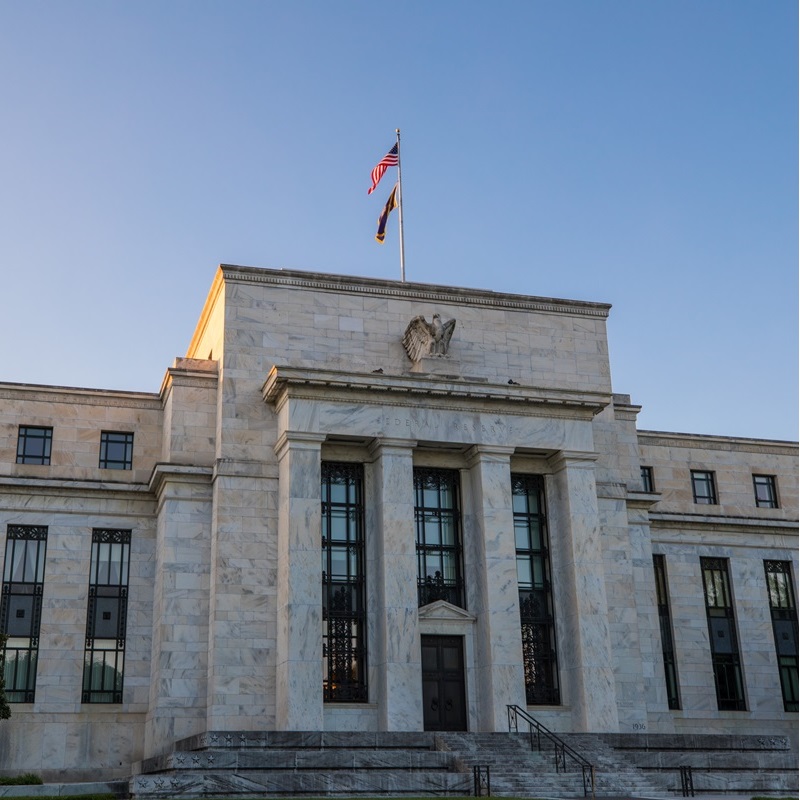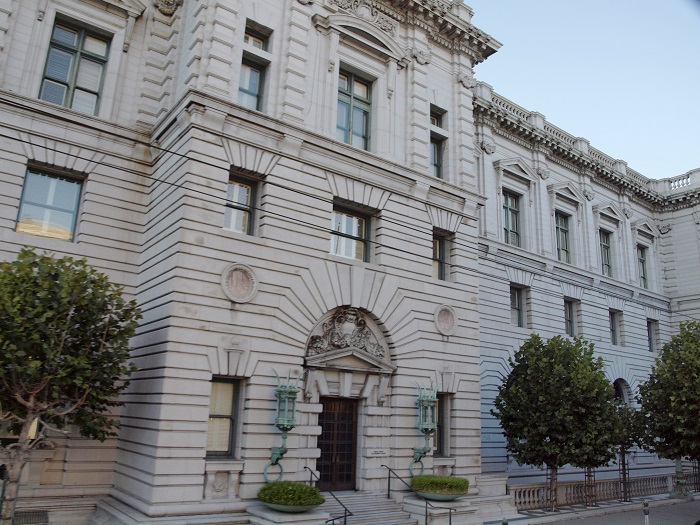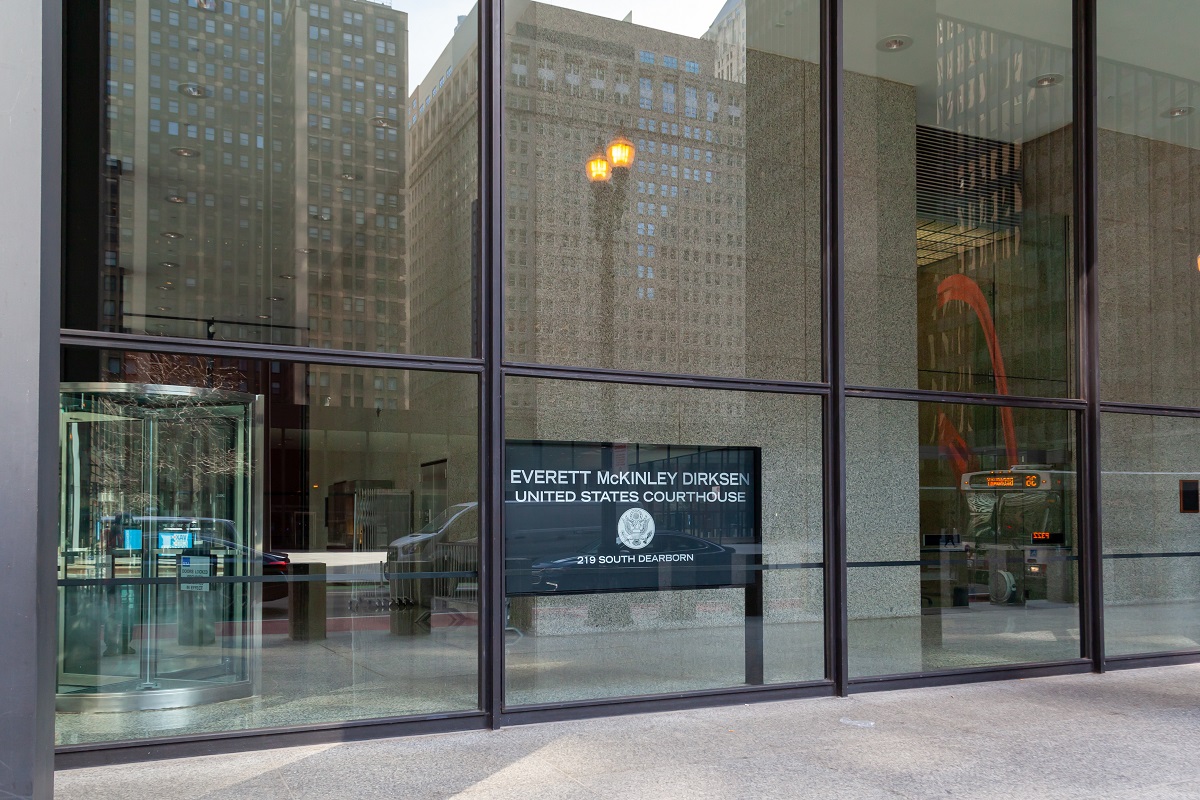A look back at bankruptcy trends and litigation in 2023 reveals a spike in bankruptcy filings driven by economic factors and fallout from the pandemic while in upper courts several interesting cases were decided involving proofs of claim, stay violations, and discharge issues.
Posts published in “Bankruptcy”
In an appeal involving a Chapter 12 bankruptcy, the U.S. Court of Appeals for the Eighth Circuit recently affirmed that the borrower’s use of the 20-year treasury bond rate sufficiently ensured that the total present value of future payments to the lender over the plan period equaled or exceeded the allowed value of the claim.
The U.S. Court of Appeals for the Seventh Circuit recently rejected a bankruptcy trustee's avoidance and fraudulent transfer claims, holding that a debt purchase and sale agreement between a bankrupt debtor, its original creditor, and its new creditor was not avoidable because it did not qualify as a transfer of “an interest of the debtor in property.”
The U.S. Court of Appeals for the Ninth Circuit recently reversed a contrary trial court ruling and joined with the U.S. Court of Appeals for the Tenth Circuit in holding that a Chapter 13 trustee is not entitled to a percentage fee of plan payments as compensation for her work in a Chapter 13 case when the case is dismissed prior to confirmation.
The U.S. Bankruptcy Appellate Panel for the Eighth Circuit recently held that, at a minimum, a substantial change in circumstances is required to justify modification of a bankruptcy plan under Section 1229.
In a bankruptcy trustee's adversary action to recover money paid to a collection agency within 90 days prior to the filing of the debtor's bankruptcy petition, and pursuant to a previous garnishment order, the U.S. Court of Appeals for the Seventh Circuit recently reversed the ruling of a trial court denying the trustee's application.
The U.S. Court of Appeals for the Second Circuit recently affirmed a trial court’s order granting summary judgment in favor of a credit reporting agency and ruled that reporting a student loan debt that was discharged in bankruptcy as “due and owing” is not cognizable as an “inaccuracy” under the federal Fair Credit Reporting Act.
Over the past year, the ebb and flow of bankruptcy filings has been an interesting one. Through 11 months, the number of bankruptcy filings have decreased from 2021, which were at their lowest levels since the 1980s.
The U.S. Court of Appeals for the Ninth Circuit recently affirmed a bankruptcy court’s judgment in favor of a debtor who sought to avoid a judgment lien under California’s homestead exemption law.
In response to a certified question from a bankruptcy court, the Arizona Supreme Court held that a recorded judgment lien attaches to homestead property where the judgment debtor has equity in excess of the $150,000 exemption under Arizona law.
The U.S. Court of Appeals for the Third Circuit recently held that, because the home seller in an installment sale contract received a judgment of possession before the buyer filed for bankruptcy, the home was not part of the buyer’s bankruptcy estate.
The U.S. Court of Appeals for the Fourth Circuit recently held that the "no fair ground of doubt" standard established by the Supreme Court of the United States in Taggart v. Lorenzen, a case involving alleged violation of a Chapter 7 discharge order, governed civil contempt proceedings for violation of a confirmed reorganization plan under Chapter 11.












